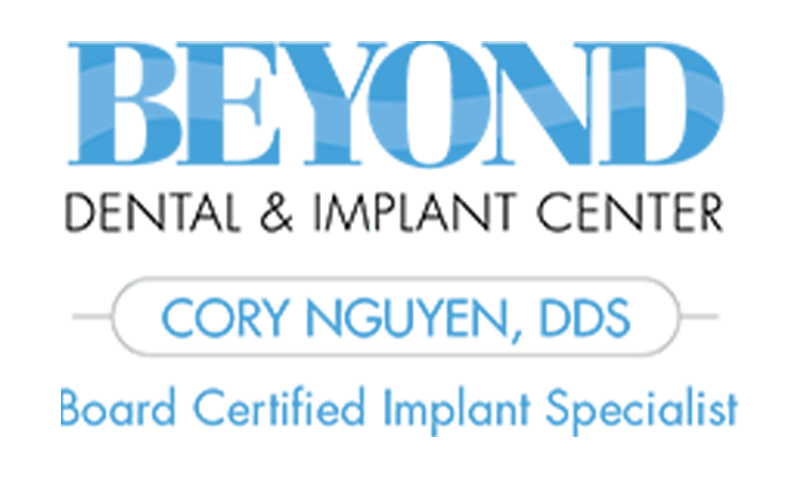
Restore Your Smile and Protect Your Oral Health with Gum Graft Surgery
Gum recession is a condition where the edge of the gumline moves away from its normal position, revealing more of the tooth structure. When the gums pull back from the teeth, it can expose the tooth roots, leading to sensitivity, a higher risk of decay, changes to the appearance of your smile, and even tooth loss.
Gum graft surgery is a proven solution for repairing and rebuilding the gum line. At Beyond Dental & Implant Center, we’re proud to provide gum recession surgery in Dallas, TX, to stabilize your oral health, relieve discomfort, and protect your smile long-term.

How Do You Know If You Need a Gum Graft?
- Tooth sensitivity, especially when you drink cold beverages
- Teeth that appear longer than they used to
- Changes to the shape of your gum line
- Visible tooth roots
- Tender or sensitive gums
- Noticeable changes to the look of your smile
- Black triangles of space between your teeth, even though their positions have not changed

What Is the Gum Graft Surgery Process?
Gum graft surgery is a straightforward procedure designed to restore your gums and protect your teeth. As with every procedure at Beyond Dental & Implant Center, we’ll ensure your comfort throughout your treatment with the right sedation option for your needs.
During the surgery, a small piece of healthy tissue, often taken from the roof of your mouth or another source, is placed over the areas where the gums have receded. This graft helps cover exposed roots and encourages new tissue growth. Proper care after gum recession surgery can make your gums healthier and stronger.
What Are the Benefits of Gum Recession Surgery?
- Protects your tooth roots from decay and damage
- Reduces tooth sensitivity, especially to hot and cold
- Improves the appearance of your smile
- Prevents teeth from shifting, becoming loose, and falling out
- Strengthens the gums and prevents further recession
- Supports long-term oral health and tooth stability


